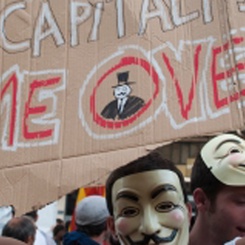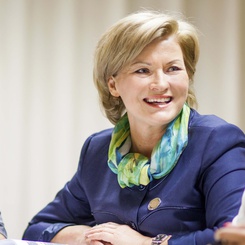With Anne-Claire Pache and Marie-Laure Djelic
In the field of management, taking stakeholders into account has changed our understanding of business’ role within society. So far, this stakeholder approach has been applied to capitalism and the private sector, albeit sometimes in a rather static way. But this approach is also very useful in the field of social innovation where it can be applied from a dynamic and diachronic perspective.
In domains as varied as education, health and new technologies, new solutions have emerged outside of usual structures and channels to respond to an array of unmet social needs. One of the characteristics of this social innovation is to combine several stakeholders who are not used to working together, creating unprecedented relationships between the private and public spheres, between producers and consumers, and between financiers and operators.
How can the involvement of stakeholders be the engine behind social innovation? How can many different actors work together? How can diverging expectations be reconciled? How can we educate and sensitize entrepreneurs and managers to stakeholder management?
To answer these questions, the Institute for Innovation and Social Entrepreneurship at ESSEC (IIES) welcomed R. Edward Freeman, Professor at the Darden School of Business (University of Virginia), founder of stakeholder theory, on the occasion of its annual conference to be held Friday, May 31 2013 at the Headquarters of MACIF.
In his words, stakeholder theory is about finding a new narrative for business, one that gives us hope for the future. Ultimately, what is good for customers need to be good for suppliers and what is good for shareholders need to be good for communities. Stay tuned for input from Marie-Laure Djelic (C2G2) and Anne-Claire Pache (IIES).
Watch our interview with R. Edward Freeman here:









